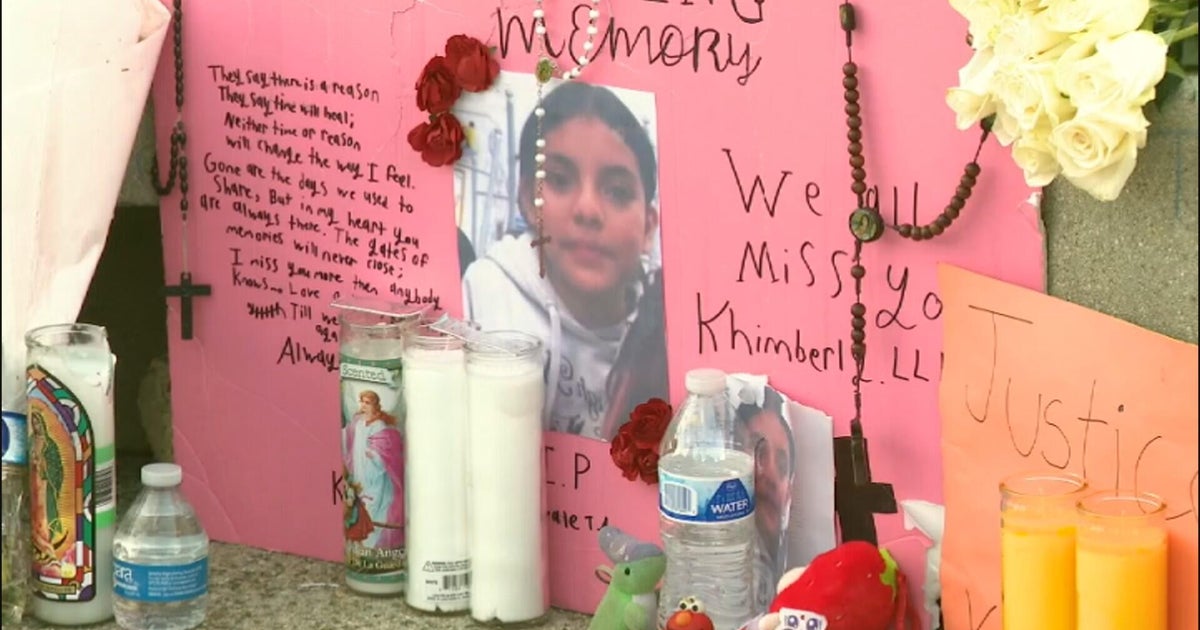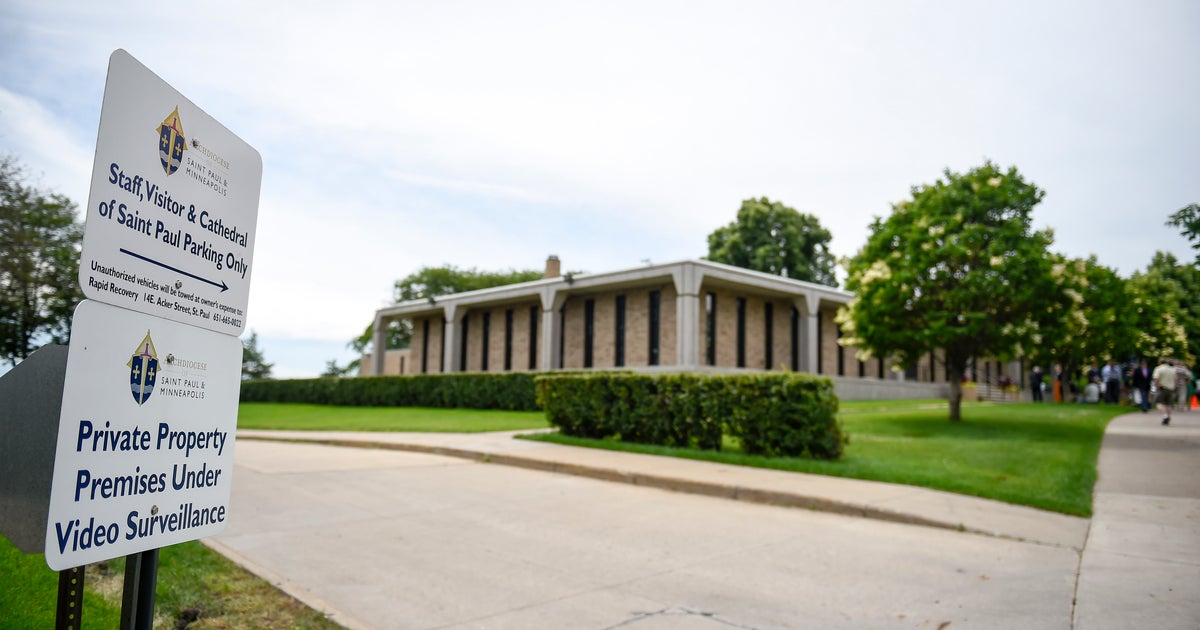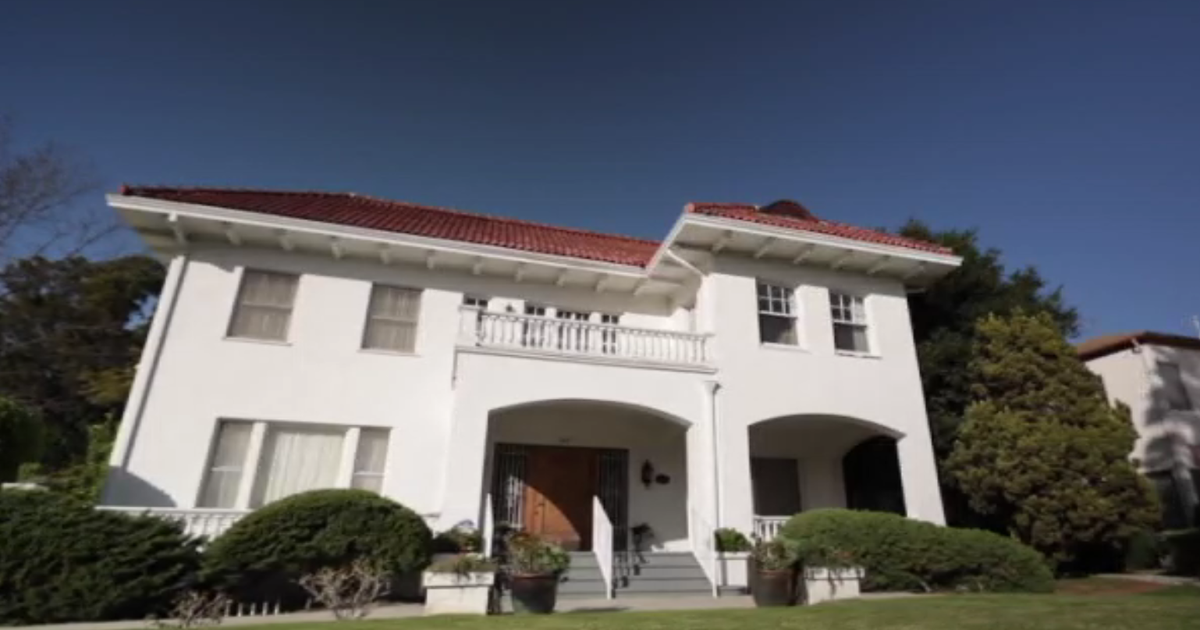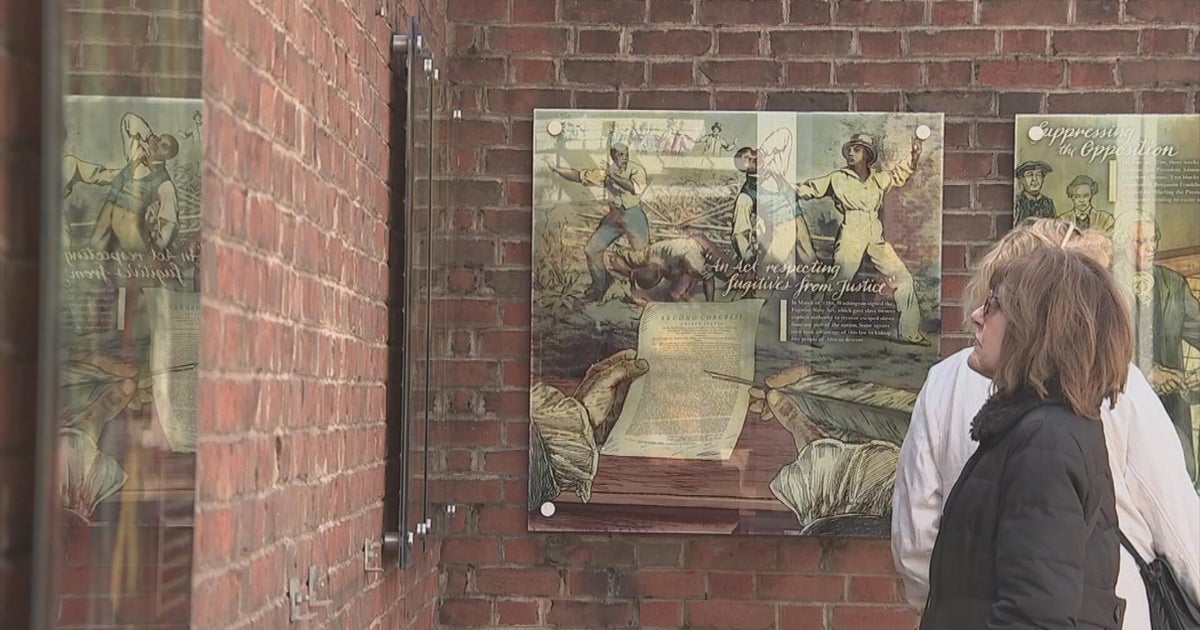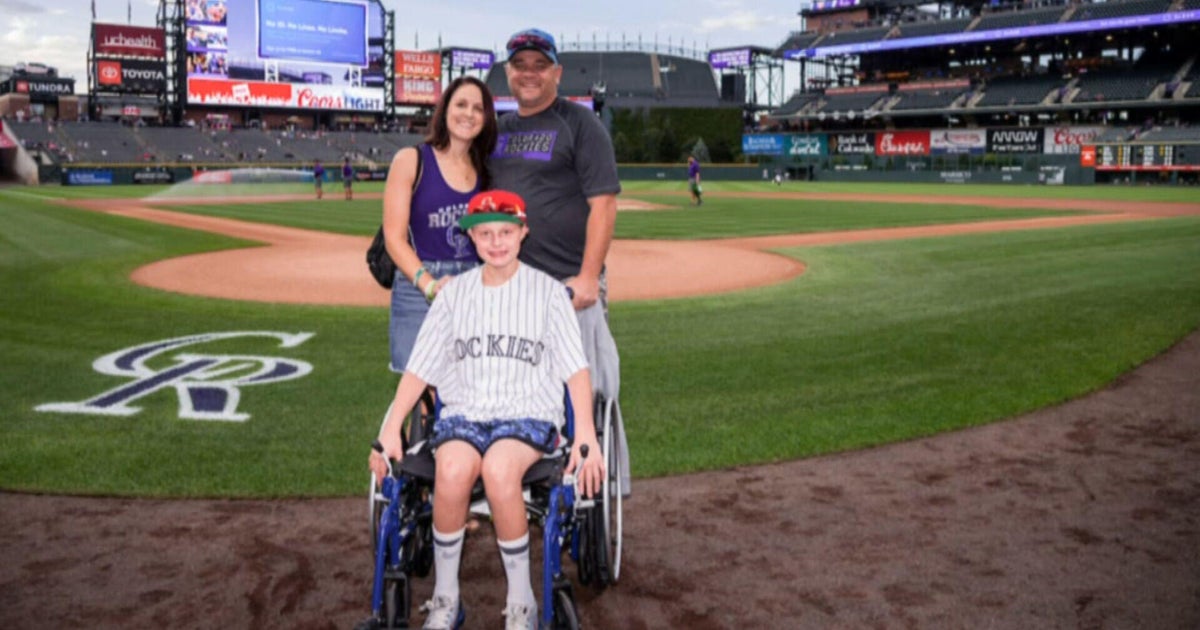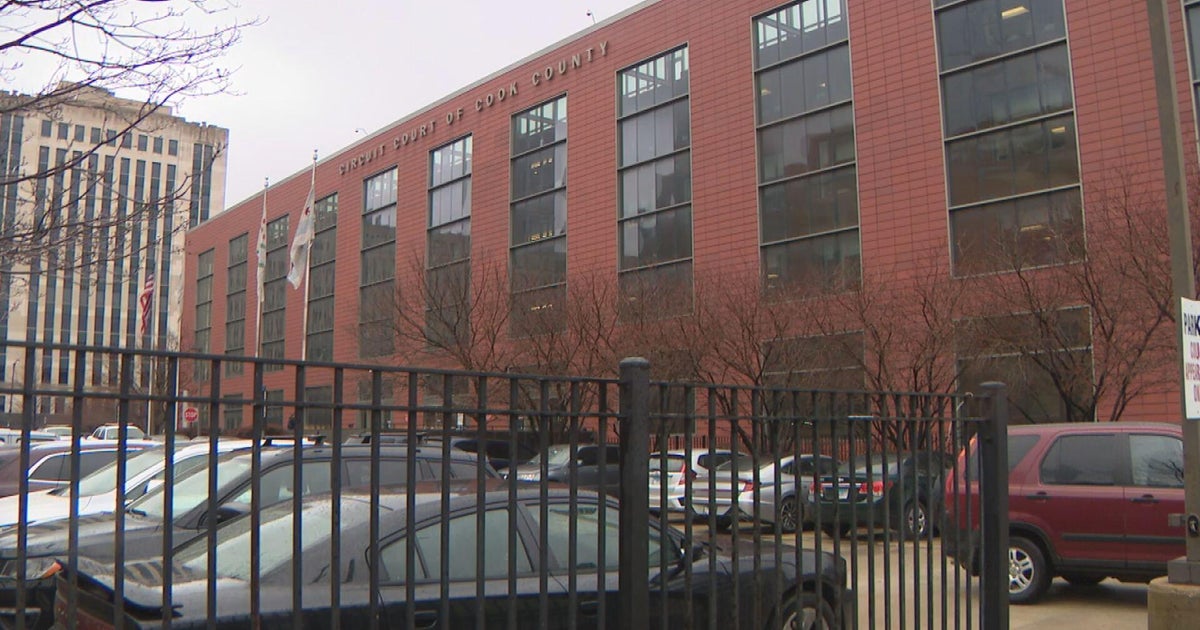Lawsuit Challenges Ban On Paying Marrow Donors
PASADENA, Calif. (AP) -- A group that wants to pay people to become bone marrow donors asked a federal appeals court Tuesday to overturn a law that makes it a crime to offer such compensation.
Lawyers for MoreMarrowDonors.org, along with leukemia survivors, a mother of anemic children and medical experts, are suing the government. They contend that Congress made a mistake when it included bone marrow in the 1984 National Organ Transplant Act, which prohibits the sale of kidneys and other body organs.
Bone marrow cells are stem cells that can turn into blood cells and can be used to treat blood diseases. Unlike kidneys, the body constantly grows bone marrow cells, and donors can replenish their supply in a few weeks, argued Jeff Rowes of the nonprofit Institute for Justice.
He argued that the law violates the constitutional right of equal protection to the plaintiffs because it arbitrarily allows compensation for other renewable or plentiful cells such as blood, eggs and sperm.
A three-member panel of the 9th U.S. Circuit Court of Appeals took the case under submission but did not indicate when it would rule.
MoreMarrowDonors.org wants to offer donors $3,000 in the form of a scholarship, housing allowance or gift to charity.
There are millions of bone marrow types, and matching donors to patients is difficult. As many as 3,000 people in the U.S. die each year because they are unable to find a genetic match even among close relatives, and compensating donors might result in many more opportunities to save lives, Rowes said outside court.
A plaintiff in the lawsuit, Kumud Majumder, said his 11-year-old son, Arya, died of leukemia last April.
The family had resorted to an imperfect bone marrow donor match in desperation because no perfect match was available, the father said at a news conference outside the circuit court's Pasadena chambers.
"Every day, he and his friends would ask, 'Do you have a match?"' Majumder said, fighting tears and holding up a photograph of his son on a Bahamas vacation shortly before his death.
His marriage broke down under the strain, said the 54-year-old resident of Upper Saddle River, N.J.
"From American dream, I am in a living nightmare," Majumder said. "If we had a perfect match, maybe I'd still have my son living and standing next to me."
His insurance company paid more than $1 million for his son's treatment, "and what do we have? I have a dead son," Majumder said.
Akiim Deshay, 39, a plaintiff from Irving, Texas, said a bone marrow match from his sister saved his life after he contracted leukemia.
"In 2011 so many people do not have access to a treatment that's been around for 30 years. ... I just can't understand it," he said.
In court, the appellate judges noted that the 1984 law never specifically defines the term bone marrow. They asked whether a constitutional issue could be avoided by narrowly defining the definition to be the spongy material inside bones and not the bone marrow cells that it produces and sends into the bloodstream.
"How do we know what Congress meant by bone marrow?" Judge Susan Graber asked.
She asked if MoreMarrowDonors.org could legally compensate donors it if renamed itself "baby red blood cells."
Judge Andrew Kleinfeld noted that bone marrow cells can be separated from drawn blood -- a procedure known as apheresis -- instead of taken directly from the bone marrow.
"It's like giving blood, and instead of getting a felony conviction for that, you get a gold star," he noted.
"If you can sell your blood ... why can't you sell whatever's in the blood in your veins, even if it comes from bone marrow?" he asked government attorney Helen Gilbert.
That would go against Congress' intent in passing the law, which was to prevent a marketplace for organs, encourage volunteer donations and keep people with rare bone marrow types from "extorting" money from the sick, Gilbert told the court.
"This ban was ... one part of a very large regulatory scheme," Gilbert argued.
Outside court, Rowes said that it would be impossible for patients to bid for bone marrow donations because they are matched anonymously. Also, the extremely small odds of finding a match makes it impractical for a donor to hold off and try to charge higher prices, he argued.
"It's not a situation in which a billionaire could somehow outbid other people for bone marrow. It is just impossible," he said.
(Copyright 2011 by The Associated Press. All Rights Reserved.)
